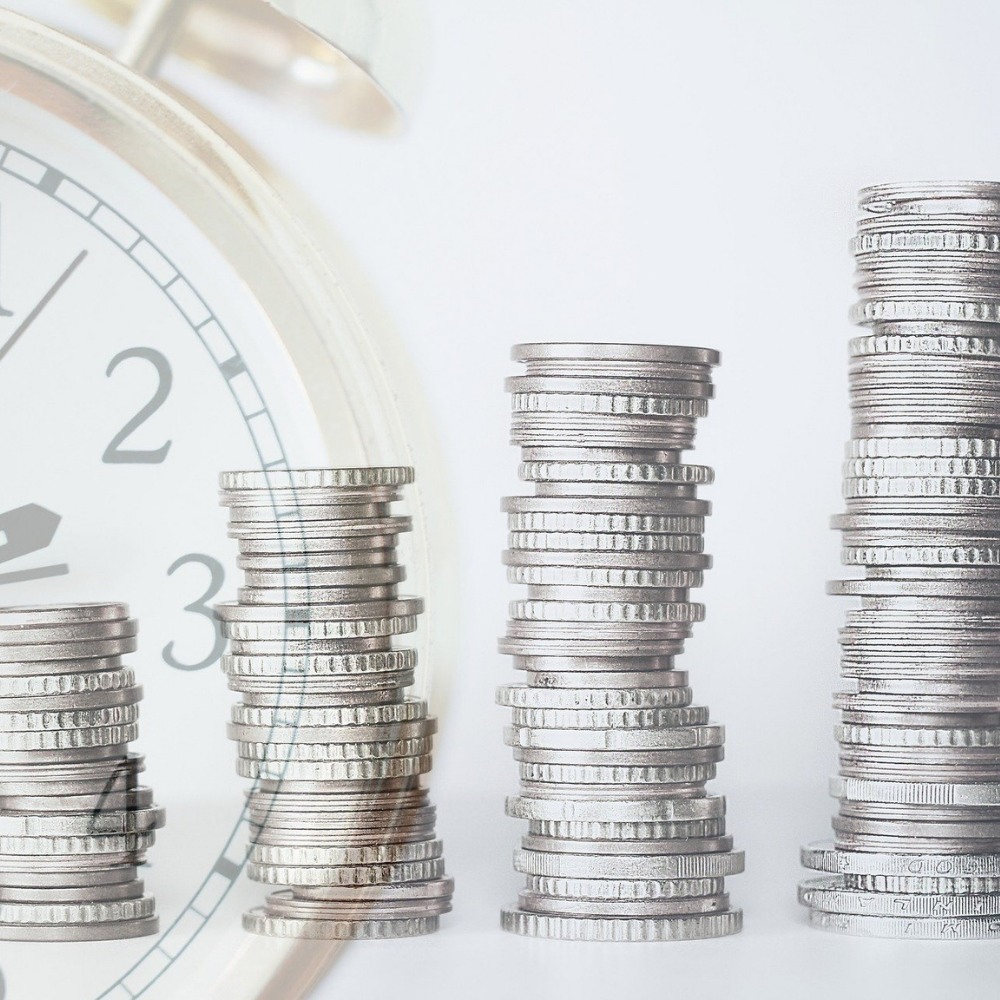
Constipation: Does this Tik-Tok drink help?
Last year, chia seed water caused a stir on social media for supposedly helping with weight loss. Now the drink is making the rounds again, but for a different reason: it's supposed to help with constipation.
In a recent post from the famed clinic in Cleveland (USA), Registered Nutritionist Beth Czerwony discusses whether chia seed water can actually serve as a home remedy for constipation, as featured on TikTok.
Full of healthy ingredients
Chia seed water can be prepared quickly. Simply measure out a tablespoon or two of chia seeds and mix them in a glass of water. Then let the mixture sit for a few minutes. Chia seeds can absorb up to 12 times their weight when wet.
And they are super healthy. "Research is still in its infancy, but its potential digestive benefits include improving gut tissue health, promoting the growth of beneficial gut bacteria, altering the absorption of certain food components, and relieving constipation," says Czerwony.
But that's not all: chia seeds are full of fiber. About 30 grams of these tiny seeds contain over ten grams of dietary fiber, essential for gut health. They're also rich in antioxidants, which protect your body from free radicals, molecules that can bind to your cells and cause damage.
They are also full of protein. About 30 grams of chia seeds contain nearly five grams of protein, which is crucial for keeping your muscles, skin, and bones healthy. And they also contain vitamins and minerals such as phosphorus, magnesium, iron and zinc.
Insoluble dietary fiber
But does "Tik-Tok drink" chia seed water really help against constipation? Chia seed fiber is mostly insoluble fiber that does not dissolve in liquids. Instead, they absorb fluids and help create bulky, loose stools.
So yes, chia seeds contain the right kind of fiber to loosen your stools and relieve you of constipation. "Chia seeds have not been studied for constipation," notes Czerwony, "but due to their fiber content, they are thought to have a laxative effect."
But it is important to be moderate. Too much fiber can also cause symptoms such as abdominal pain, bloating, cramps and diarrhea.
drink enough
It is also important to remember that high intakes of insoluble fiber can dehydrate the gastrointestinal tract and cause constipation if not consumed at the same time.
It's always important to stay hydrated, but when you deliberately consume extra fiber, including chia seed water, it's especially important.
And if you have an inflammatory bowel disease (including Crohn's disease or ulcerative colitis), eating too much fiber can lead to symptoms like diarrhea and cramping.
Other Good Sources of Fiber
If you suffer from constipation, chia seed water can probably help, says Czerwony. You can also simply sprinkle chia seeds on your yogurt or add them to a smoothie.
And there are other ways to get fiber. Other fiber-rich foods can do the same job.
"Any form of fruits, vegetables and whole grains helps with constipation," says the nutritionist. "Research shows that eating a good variety of these bacteria helps strengthen the gut microbiome." And these bacteria will also help with digestion.
Fruits and vegetables: "Fruits and vegetables contain both fiber and fluid, which not only softens the stool, but also aids in bowel motility," says Czerwony. Artichoke hearts, avocados, berries, Brussels sprouts, pears and plums are especially high in fiber.
Whole grains: Choose whole grains with at least three grams of fiber per serving. Barley, oatmeal, quinoa, whole wheat bread and whole wheat pasta are good tips.
Fermented foods: Fermented foods like kimchi, sauerkraut, kefir, miso, and kombucha have been shown to have benefits that go far beyond gut health.
However, it is important to know that consuming too much fiber too quickly can cause unwanted problems like gas, bloating, cramps and even diarrhea. So start slowly incorporating them into your diet.
"And remember, if you're eating fiber, make sure you're drinking enough water," Czerwony repeats, "because what you absolutely don't want to do is make your constipation worse." (announcement)
Author and source information
Show nowThis text corresponds to the specifications of the specialized medical literature, medical guidelines and current studies and has been verified by health professionals.
Sources:
Cleveland Clinic: Does TikTok's "inner shower" work?, (Accessed: 2022-06-25), Cleveland ClinicImportant Note:
This article contains general advice only and should not be used for self-diagnosis or treatment. It cannot substitute a visit to the doctor.



